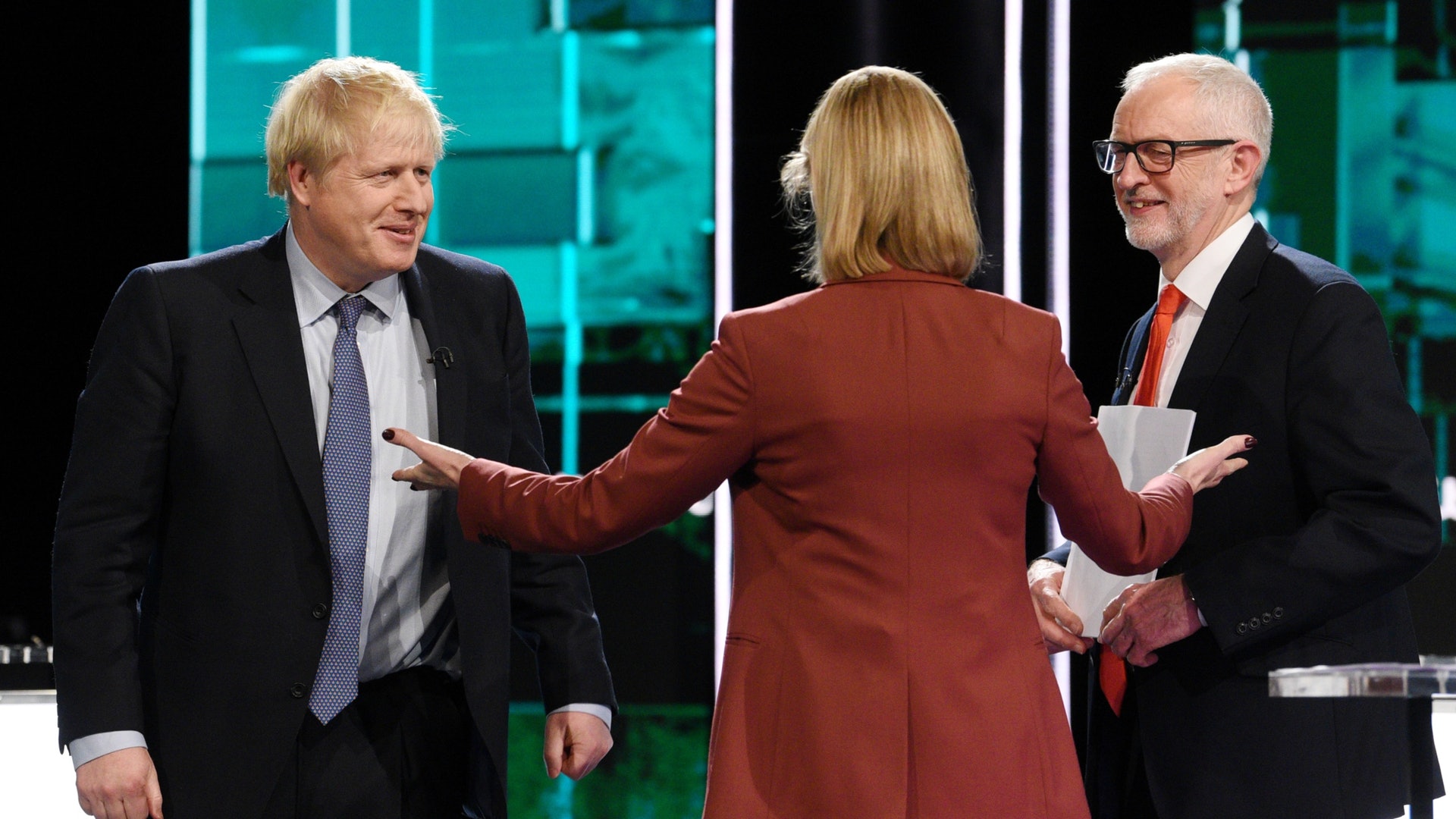The British election on December 12 was approaching. The multi-party hegemony situation that was expected by the outside world did not appear. This election is still the traditional “Conservative Party Wars”. Many people intuitively believe that this is a disguised referendum on Brexit, but this is not necessarily the case.
According to the polling agency YouGov, 70% of respondents at the end of October believe that Brexit is one of the three decisive issues in the election; the second most important issue is medical care, which is only 40%. At first glance, the Brexit position seems to be the key to voting by British voters.
Is the only issue of Brexit?
In contrast, during the same survey during the 2017 general election, 64% of voters at the time considered that Brexit was one of the three decisive topics for the election. However, the main reason why the then Conservative Prime Minister Theresa May finally lost the majority of the Congress and was eagerly chased by the Labour Party for 20% of public opinion in less than two months was above the retirees’ medical expenditure policy. It can be seen that what you see at a glance is not necessarily consistent with reality.
The Brexit referendum has been nearly three and a half years old. It seems that Brexit is not the ideal of “regaining British sovereignty”, but the topic that the people are tired of it. They just want to solve it as soon as possible. Therefore, the current slogan of Boris Johnson, the current prime minister of Brexit, is not “building a great Brexit Britain” but “Get Brexit Done” so that he can pass the Brexit agreement. Later, other domestic policies can be implemented.
On the other hand, the Labour Party’s statement about Brexit is “Get Brexit Sorted”, which is only one word difference from the Conservative Party. It can be seen that even the Labor and Conservative Party’s Brexit routes are different – the Labour Party advocates within three months. Re-finished the Brexit agreement and put it into the second referendum on the Brexit, advocated staying in the EU Customs Union, accepting the EU’s equal protection in labor, environmental protection and other projects, and the relationship between the Conservative Party and the imaginary relationship is more alienated. The trade agreement is different – but the fundamental beliefs of the two parties are the same: the British have enough to deal with the Brexit, and they should be resolved as soon as possible.
Since Johnson has almost become the sole representative of the Brexit, it is foreseeable that most of the Brexit voters will tend to support the Conservative Party. At this moment, the Labour Party leader Jeremy Corbyn has no apparent stay in Europe or the Brexit position (he claims to be neutral in the expected second referendum), while the Liberal Democratic Party leader Jo Swinson has a tough stance. The European Union’s claim (directly canceling the Brexit) will result in some votes for the European Union; the Conservative Party has a great chance of winning under the single-seat, single-single and simple majority election system.
However, voters also know very well that “Brexit” is not owned by the UK and is extremely important for the future of the UK. Here, the Labour Party seems to have the upper hand.
The Labour Party’s “Left-wing Revolution” won the hearts of the people
“Doing a good job of leaving the EU” is not the most important slogan of the Labor Party. The core symbol of its campaign is “It’s Time For Real Change” and “For the Many Not the Few.” The advocated left-wing policy is even more revolutionary, and will change the neo-liberal rules laid down by the former Conservative Prime Minister Margaret Thatcher in the UK for 40 years.
The Labor Party advocates a large increase in government spending and tax increases. The government’s expenditure as a percentage of gross domestic product (GDP) has increased from 37.8% today to 44%. The company has increased taxes on businesses and the rich, and concentrated resources on society. Insurance, medical, school, university tuition exemptions and other items.
More importantly, the Labor Party advocates the nationalization of water, railways, postal services, power grids and broadband networks, and will require large companies to convert 10% of their shares into employee-owned shares. Dividends will be shared by employees and the government, and the board of directors must be One third of the seats are represented by employees. This can be regarded as a comprehensive overturn of the privatization policy promoted by Mrs. Dai Zhuo. The UK’s more right-wing newspapers, such as the Financial Times, have editorial approvals that are “recession recipes.”
However, the Conservative Party, which inherited the tradition of Mrs. Dai Zall, did not continue to advocate neo-liberal policies. It was separated from the Labor Party and instead advocated increasing government spending, but it was not as good as the Labor Party. In contrast, the Conservative Party seems to have moved closer to the Labor Party’s economic policies, and the Labour Party has proposed a “revolutionary ideal” to build a new future for Britain.
Regardless of the Brexit, these policies are extremely popular among the British people. According to a poll conducted by YouGov from November 7th to 8th, more than 60% of respondents supported the promotion of personal income tax for people with an annual income of more than 80,000 pounds; 54% supported the Labor Party’s policy of joining employee representatives to the board of directors; 53% supported Wealth tax; and 56%, 50% and 45% respectively support nationalized railway, water supply and gas power companies. In most of the polling programs, the proportion of support is more than double that of opponents. This shows that the Labor Party’s left-wing ideal has won the hearts of the people.
The expected business community opposes the voice, and there are also exaggerated possibilities. Although the British Chambers of Commerce clearly opposed it, according to the Economist’s observation, at the Confederation of British Industry conference held on November 18, the Labor Party supported workers and green investment. It echoes the thoughts of the business community. The vice chairman of the Industrial Federation said that many business leaders are rethinking the existing economic model, although their answers are different.
If the Labor Party can use the remaining three weeks to grasp the people’s boredom with Brexit and put the focus of the election on the issue of rethinking the overall structure of the British economy, it may be able to repeat the 2017 election to almost surpass the previous Conservative Party’s track record. If the British referendum on the Brexit is a revolution, the left-wing ideal of the Labor Party may not be possible to bring the next revolution after the end of this revolution.












